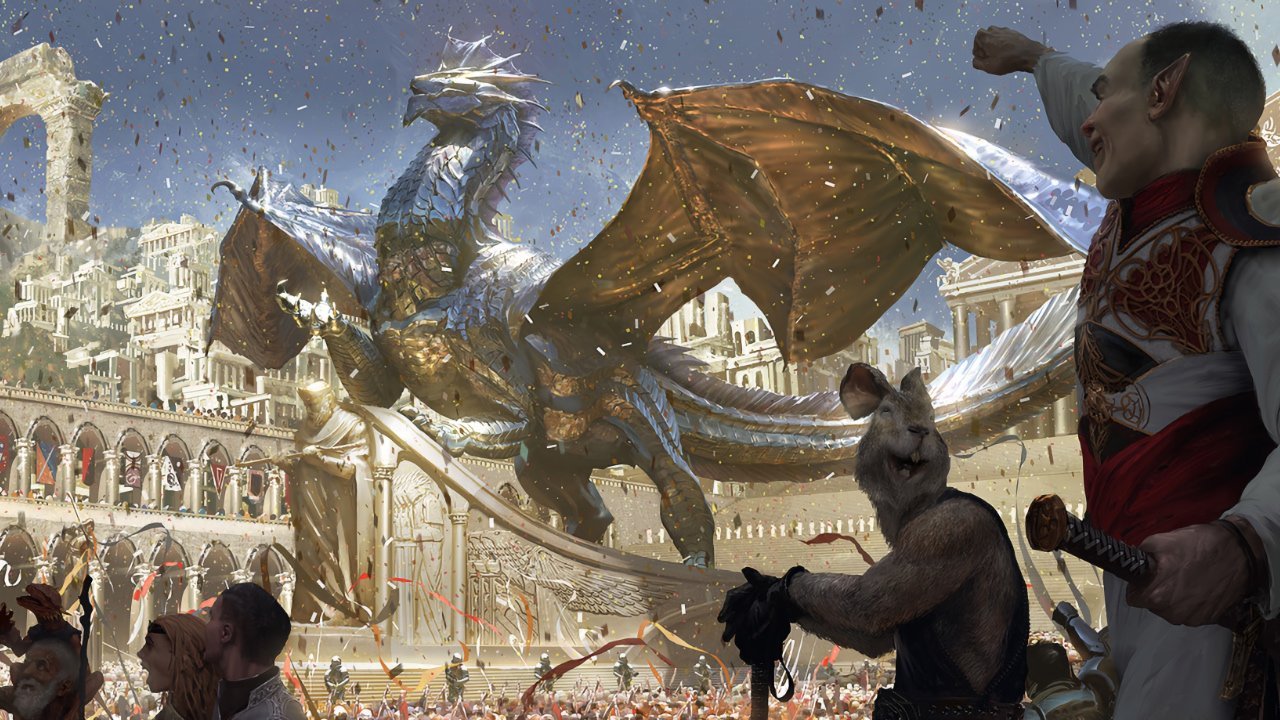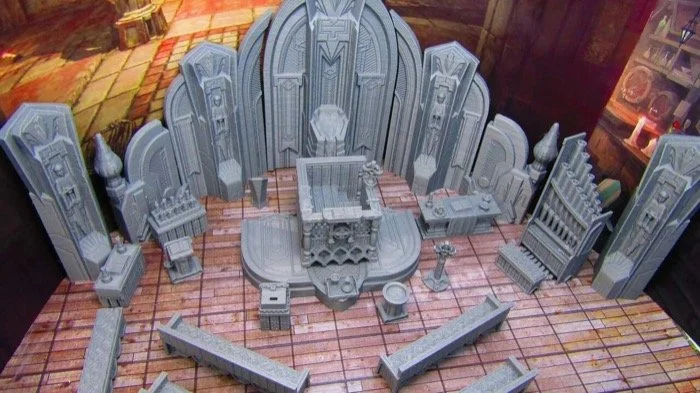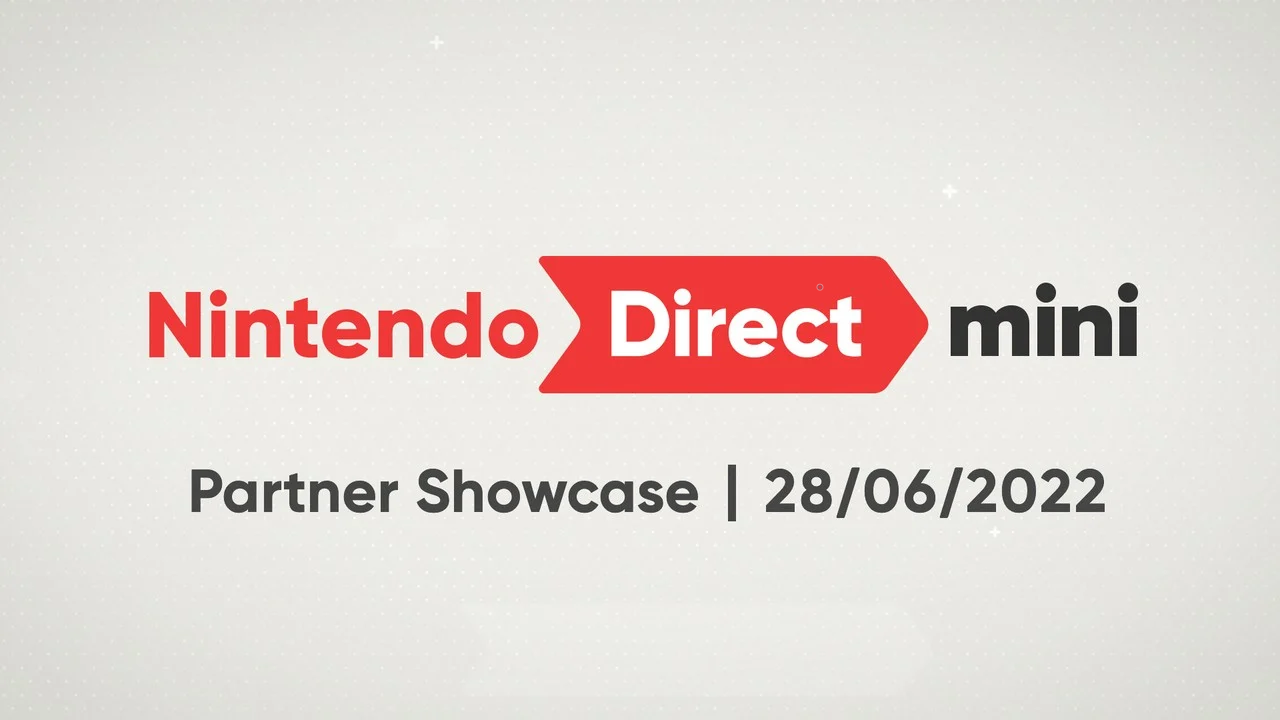D&D Drastically Changes Their Open Game License Putting Many Content Creators At Risk
Image Source: BookRiot
For over twenty years, the Open Game License referred to as the OGL has been a critical lynchpin for the Dungeon & Dragons community. But Wizards of the Coast and Hasbro aren't happy with the original license. While the companies have said the core issue is Cryptocurrencies and NFTs, consumers seem to see a different motivation. Given some royalty clause, and the fact that WotC would own content in perpetuity, content creators for D&D seem to think that WotC and Hasbro want a bigger slice of the pie.
First, let's start with what OGL 1.0 contains and why it's beneficial for both sides of the license. Initially, Wizards of the Coast set out to make a license agreement to fit two needs. First, Wizards of the Coast didn't want to have to write several adventures and spend money developing them. Secondly, the people at the top of the company understood that the hobby should be accessible to everyone. So the agreement was, people could make content based on D&D and had access to certain parts of the ruleset and setting, on the other hand, Wizards of the Coast could use creators' ideas in the official ruleset. The part that has drawn the most ire from content creators in that space is the OGL 1.0 guaranteed these rights in perpetuity. OGL 1.1, the leaked update, doesn't guarantee that.
RELATED:
Instead, the new version of the OGL states that creators would have to report earnings above $50,000 to Wizards of the Coast directly, and content creators like Critical Role who earn $750,000 or more will have to pay royalties to the company. That section of the OGL 1.1 seems to be one of the most painful sticking points, combined with the nature of the wording around who owns the created content. This could affect hundreds if not thousands of people in the tabletop community from writers creating new settings to people who sell 3D print files for figures, there is no telling just how enforceable this change would be.
Image Source: All3DP
Now Wizards of the Coast has since walked back from the change amidst the fan backlash. However, the damage to the company's reputation may already be done. Since the announcement customers have begun to cancel their subscriptions to the popular service D&D Beyond. Even creators are looking for alternative routes to ensure they keep access to their creations. And Paizo Games, publisher of Pathfinder, has vowed to do just that with their version of the OGL. Now Hasbro and Wizards of the Coast may have opened up the floodgates for fans to begin exploring alternative tabletop games. Which can only be good for the fandom on the whole.
Time will only tell just how this will play out for Wizards of the Coast, and this may not be the last time we see something like OGL 1.1 come up. But for now, it seems the company has bought some time by walking back what would have been a disastrous decision in the tabletop gaming community. But from the sound of the fans on Twitter, they won't soon forget what they see as a blatant cash grab.
READ NEXT:
Source: Polygon














